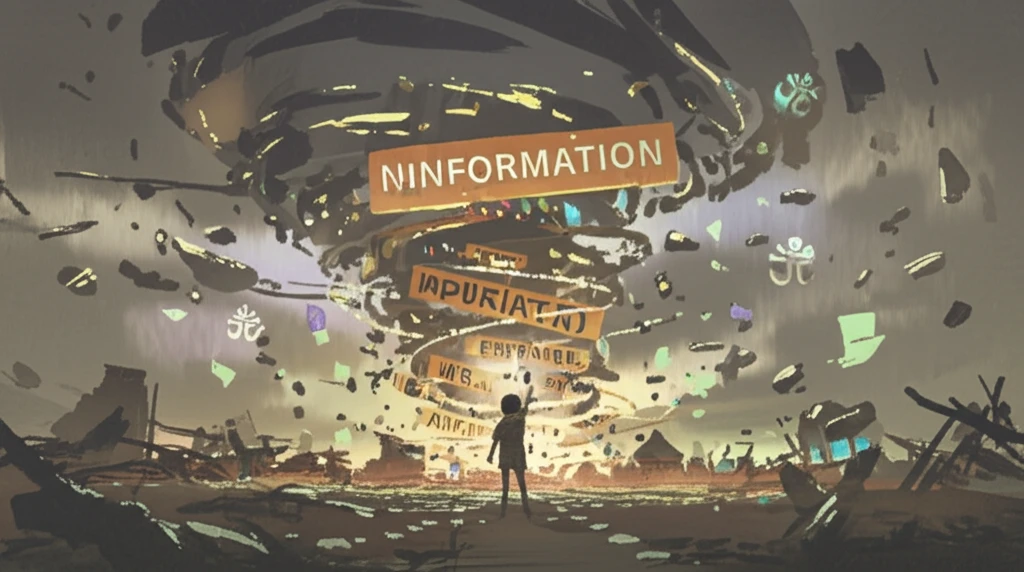
Nigeria's Polio Fight: Unraveling the Barriers to Immunization
"A deep dive into why polio persists in Nigeria despite global eradication efforts, examining the social, cultural, and economic factors at play."
Polio, a crippling and potentially fatal infectious disease, has been the target of global eradication efforts for decades. Thanks to widespread immunization campaigns, the disease has been eliminated in most countries. However, Nigeria remains one of the few places where polio continues to circulate, posing a significant public health challenge.
Despite the availability of effective vaccines and concerted efforts by international organizations and the Nigerian government, immunization coverage remains inconsistent. Understanding the factors that contribute to this persistent challenge is crucial for developing targeted interventions and achieving polio eradication in Nigeria.
This article delves into the multifaceted reasons behind Nigeria's struggle with polio immunization, examining the social, cultural, economic, and political factors that influence community participation and hinder the complete eradication of this preventable disease.
Why Polio Persists: Key Factors Influencing Immunization in Nigeria

Several interconnected factors contribute to the ongoing challenge of polio immunization in Nigeria. These can be broadly categorized into:
- Religious beliefs: Some religious leaders discourage vaccination, leading their followers to reject immunization programs.
- Cultural norms: Traditional healing practices and beliefs in spiritual causes of illness can deter families from seeking modern medical interventions.
- Misinformation: False rumors about vaccine safety and efficacy spread rapidly, particularly in communities with low literacy rates.
Moving Forward: Strategies for Eradicating Polio in Nigeria
Overcoming the challenges to polio immunization in Nigeria requires a multi-pronged approach that addresses the root causes of vaccine hesitancy and improves access to immunization services. This includes:
